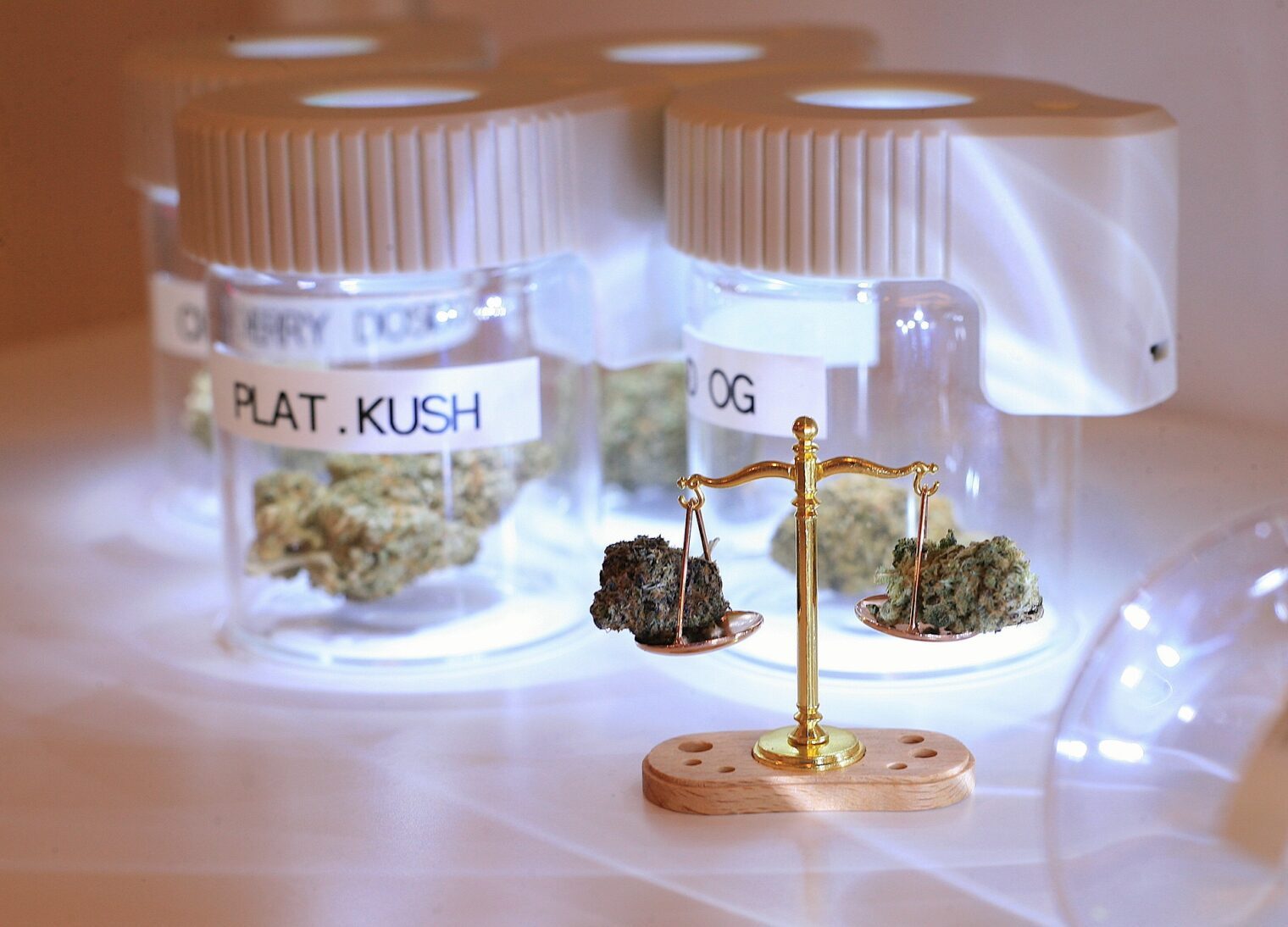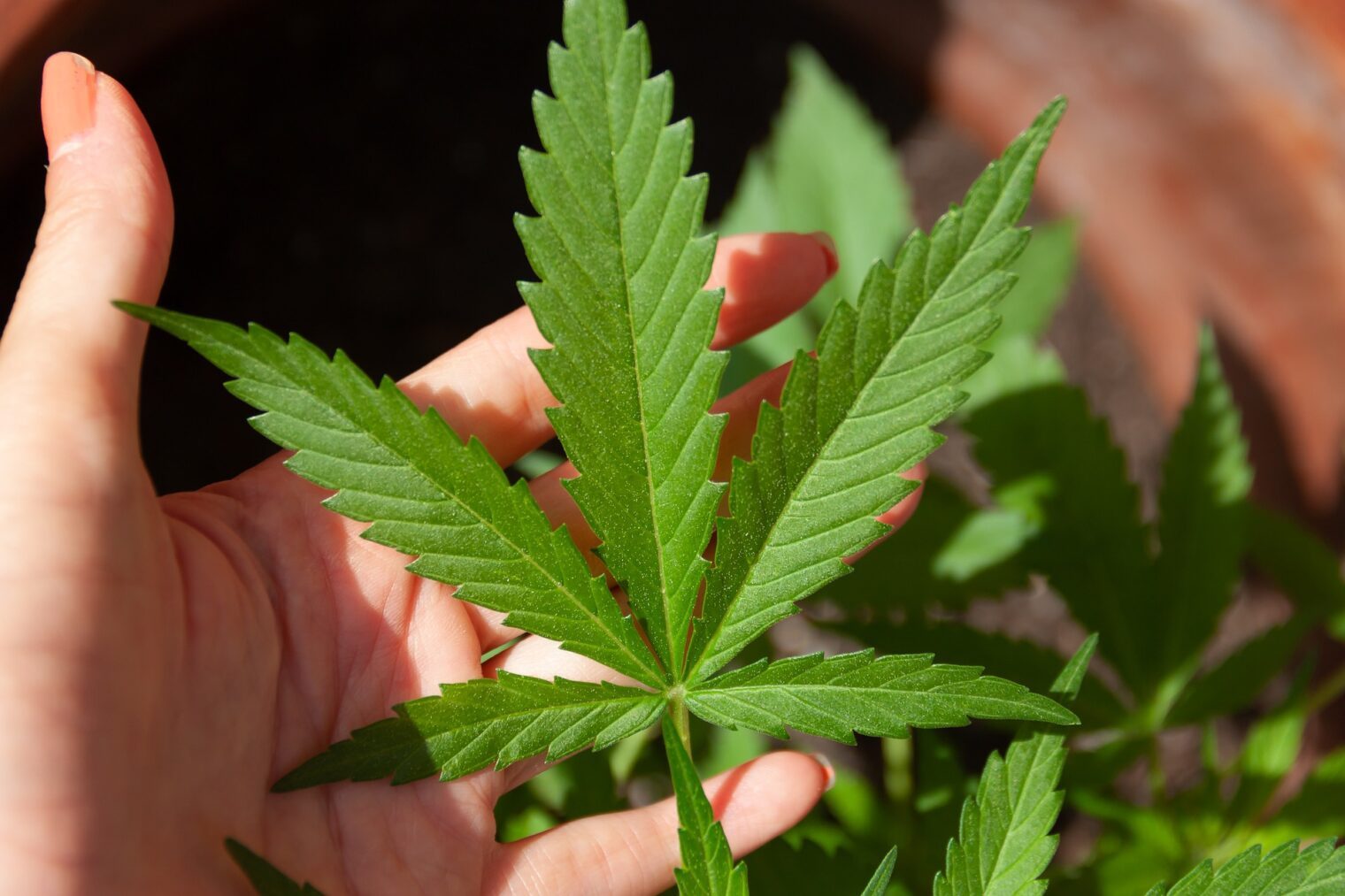
Table of Contents
In 2018, Thailand became one of the first countries in Southeast Asia to legalize medical cannabis, signaling a significant shift in its approach towards this controversial plant. Fast forward to 2024, and the effects of cannabis legalization in Thailand have rippled across various sectors of society, offering a unique case study on the consequences of such a policy shift.
In this article, we will delve into the social, economic, and legal effects of cannabis legalization in Thailand, while also comparing these effects to the experiences of other countries and states that have embarked on similar journeys.
Cannabis Legalization and its Social Impact
The social impact of cannabis legalization in Thailand has been multifaceted, ranging from shifts in public perception to changes in consumption patterns. In 2024, the perception of cannabis in Thai society has evolved significantly. Previously stigmatized and associated with criminal activity, cannabis has gained more acceptance as a legitimate medical treatment option. This transformation has not only reduced the stigma surrounding its use but also paved the way for discussions around responsible recreational use.
One of the most striking social impacts has been the emergence of a burgeoning cannabis tourism industry. Thailand, known for its beautiful landscapes and vibrant culture, has become an attractive destination for cannabis enthusiasts from around the world. Cannabis-related tourism, which includes guided tours of cannabis farms, cooking classes, and wellness retreats, has provided a boost to the local economy, as we will discuss later in this article.
Another significant social effect has been the normalization of cannabis consumption among adults. As cannabis products became more accessible and socially accepted, adults have started incorporating them into their lifestyles. Cannabis lounges and cafes have become popular venues for social gatherings, further destigmatizing its use. However, this has also raised concerns about public safety and impaired driving, leading to discussions about setting regulations and limits on consumption.
Economic Impact
The economic impact of cannabis legalization in Thailand has been substantial, both in terms of revenue generation and job creation. The legalization of medical cannabis has created an entirely new industry, from cultivation and processing to distribution and retail. The government has regulated this industry, ensuring that it contributes significantly to the national economy.
Firstly, the cannabis industry has provided new opportunities for farmers and entrepreneurs. Thai farmers, renowned for their agricultural expertise, have been able to tap into the cannabis market, diversifying their income sources. This has led to increased employment in rural areas, helping to alleviate poverty and boost the agricultural sector.
Additionally, tax revenue from the cannabis industry has added to the national coffers. The government has imposed taxes on cannabis products, contributing to healthcare, education, and public infrastructure projects. These funds have enabled the Thai government to invest in social programs and improve the overall well-being of its citizens.
Furthermore, cannabis tourism has played a vital role in boosting the Thai economy. International visitors who come to experience cannabis-related activities contribute to the country’s tourism revenue. This has led to the development of specialized cannabis-friendly accommodations, travel agencies, and tour operators, stimulating growth in the tourism sector.

Cannabis Legalization and its Legal Impact
The legal impact of cannabis legalization in Thailand has been a complex and evolving process. While the government initially focused on the medicinal use of cannabis, it has gradually expanded its scope to address recreational use and regulation.
One of the most notable legal effects has been the decriminalization of minor cannabis offenses. In 2024, the possession of small amounts of cannabis for personal use no longer carries severe criminal penalties. Instead, these offenses are often treated as civil infractions, resulting in fines or educational programs rather than imprisonment. This shift has reduced the burden on the criminal justice system and led to a more compassionate approach to addressing drug-related issues.
Additionally, the Thai government has established a comprehensive regulatory framework for the cannabis industry, covering cultivation, processing, distribution, and retail. These regulations aim to ensure product safety, quality, and consistency while preventing illegal activities within the industry. By implementing these measures, Thailand has effectively taken control of the cannabis market, reducing the influence of criminal organizations.
Comparing Thailand to Other Countries and States
To better understand the impact of cannabis legalization in Thailand, it is essential to compare it to other countries and states that have undergone similar transformations.
Canada, for instance, legalized recreational cannabis in 2018, becoming one of the pioneers in North America. Like Thailand, Canada experienced shifts in public perception, increased tax revenue, and job creation. However, the challenges in Canada included managing supply shortages, ensuring product quality, and addressing impaired driving issues. Thailand has learned from these challenges, implementing robust regulations from the outset.
In the United States, several states have legalized both medical and recreational cannabis, with varying degrees of success and regulatory approaches. Some states have reaped significant economic benefits, while others have struggled with implementing effective regulations. Thailand’s approach of comprehensive regulation and gradual expansion of legalization provides valuable lessons for these states.
Cannabis Legalization in Thailand in 2024
The impact of cannabis legalization on Thai society in 2024 is a testament to the transformative power of policy shifts. Thailand’s journey from stigmatization to acceptance has brought about significant social, economic, and legal changes. By examining the experiences of other countries and states, we can see that a thoughtful and regulated approach to cannabis legalization can yield positive results, benefiting both society and the economy.
As Thailand continues to navigate this new landscape, it serves as an example of the potential of cannabis legalization when approached with careful consideration and comprehensive planning.
The laws are still up in the air in Thailand, so at the time of writing in early 2024, medical marijuana is legal in Thailand. However, recreational use is still illegal. But at the moment, not laws have been drafted to regulate recreational use, so it’s a confusing time. All we can say is keep your eyes on the news for any possible Thailand cannabis law changes going forward in 2024.
